17 Steps to Accelerate RNG Industry in Quebec
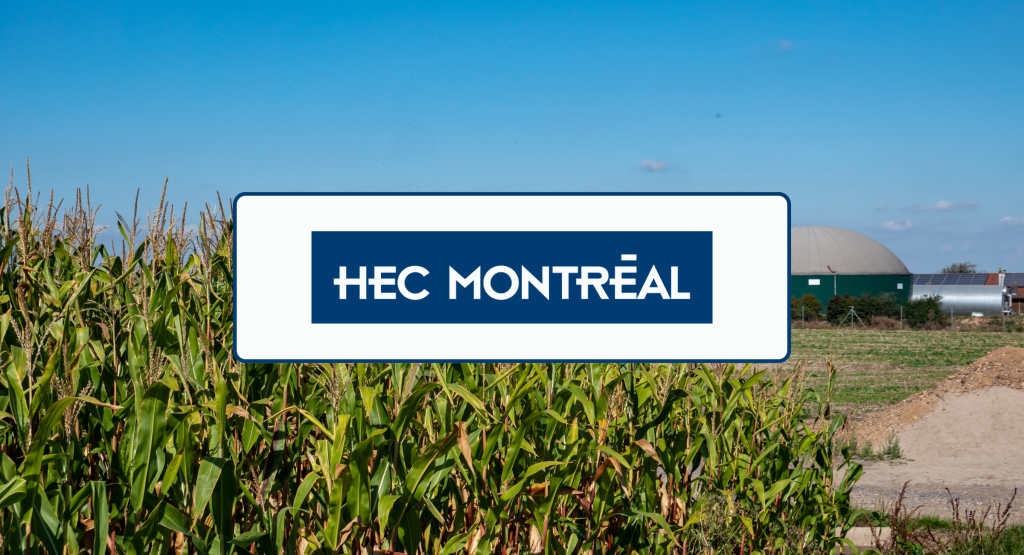
On November 19, 2024, at Journée GNR at Longueuil, Pierre-Olivier Pineau with HEC Montréal presented the Report “Renewable Natural Gas in Quebec: What are the options for Accelerating Deployment in Support of the Energy Transition and Decarbonization?”. This report written by Johanne Whitmore and Pierre-Olivier Pineau is the result of the workshop held by HEC Montréal’s Chair of Energy Sector Management on May 22, 2024 that brought together nearly 60 experts to explore ways to enhance RNG’s contribution to Quebec’s decarbonization goals.
As the report mentions, the roundtable discussions of the workshop identified 17 findings and action items, which can be grouped into five areas for consideration by decision-makers to accelerate the development of the RNG sector in Quebec:
- I. Better knowledge of feedstock: A more thorough characterization and monitoring of organic matter should be done so the industry is aware of usable feedstock.
- II. Better resource management to limit impacts: Improving the management of residual organic materials would limit environmental risks and effects. These risks and consequences should be documented more thoroughly.
- III. Prioritising specific use of RNG: Areas that are difficult to electrify should be prioritised, and a broader reflection should be carried out to identify RNG’s priority uses.
- IV. Cost of RNG: Financial mechanisms to support RNG production and consumption still need improvement. The current carbon price must be increased to justify the switch to RNG. Energy efficiency and improved management are essential for mitigating the price impact on RNG consumers.
- V. Overcoming multiple obstacles: Many barriers undermine the RNG business environment. These regulatory and financial obstacles affect feedstock and social acceptability. Industry stakeholders, particularly different levels of government, must develop a willingness to improve the coherence of the business environment.
The following 17 findings and action items should lead to a more focused approach to overcome the main issues.
Sourcing
Ensuring a stable and sustainable supply of feedstock for RNG production is a priority for the industry development. Workshop participants identified the following courses of action to improve the situation in Quebec:
- 1. Publish an annual inventory of the availability and quality of the raw materials available for RNG production to enable the planning of a stable and sustainable supply.
- 2. Define a scale of priorities for RNG use to limit gas demand, avoid excessive pressure on inputs, and consider competition for raw material from other sectors (e.g., fertiliser, other biofuels, self-consumption).
- 3. Adopt a strategy to improve sorting and organic matter management practices that take into account the 3R hierarchy and call for various measures (e.g., regulatory, eco-tax, and stakeholder awareness).
- 4. Evaluate and document the environmental impact risks associated with the different sources of supply used in the production of RNG.
- 5. Inventories and subsidy programs should consider the different RNG production channels due to differences in carbon intensity, technical and economic feasibility, environmental impact, non-energy benefits, and overall energy efficiency.
- 6. Opinions differ regarding whether RNG production in Quebec should be connected to local consumption. Many participants felt that when an RNG producer receives a subsidy, the production should be used for Quebec consumption. However, given the relatively small size of the Quebec market, the possibility of exporting offers producers flexibility in using RNG’s environmental attributes better while enabling them to develop local expertise.
Priority of Use
In Quebec, industry accounts for more than 60% of natural gas consumption, but voluntary demand volumes for RNG in this sector have fallen by 49% from 2022 to 2023. Faced with limited volumes and competition from other uses of RNG, participants put forward ideas for accelerating the RNG shift in priority sectors while minimising the impact on competitiveness. These ideas included:
- 7. Given its limited volumes, RNG should be prioritised to accelerate decarbonization. However, prioritisation should be regularly evaluated since RNG use may change over time.
- 8. Areas difficult to electrify, such as peak power management in the existing building sector and industrial processes, were generally considered a priority.
- 9. The low price of natural gas and carbon- and the need for more transparency regarding the accounting and ownership of GSR’s environmental attributes would slow down the industrial sector’s shift to RNG.
- 10. Distributing the additional RNG cost to all natural gas customers is seen as one option for establishing a more competitive price. Other options include increasing pricing by consumption band and selling RNG at a price different from its acquisition cost.
- 11. To minimise the impact of higher RNG consumption on business competitiveness, the industry should be encouraged to consume less energy through incentives and eco-tax measures to offset the additional costs of RNG.
Cost of RNG
Fossil gas sells for less than $3/GJ, while RNG costs around $25/GJ. Synthetic gas is estimated at $40-90/GJ. Participants generally believed that carbon pricing, the sale of “compliance units” under the federal Clean Fuels Regulation, and voluntary customer purchases were mechanisms to improve RNG’s competitiveness. However, more must be done to spread the additional cost of RNG and minimise its impact on different customer groups. The groups almost unanimously agreed that an energy efficiency approach should be favoured to reduce the effects of the additional cost of RNG. Suggestions put forward included:
- 12. Mechanisms that should be favoured to reduce the price impact on RNG consumers include reinforcing the carbon price on the market, prioritising energy efficiency and management measures, and better valuing environmental attributes.
- 13. The Quebec government should study ways to share the burden of RNG’s additional cost.
Business Environment
The fourth theme of the roundtables was to identify challenges, best practices and priorities for action to improve the GNR business environment in Quebec. Two main points emerged from the discussions:
- 14. Cross-cutting obstacles to RNG production in Quebec include complex regulatory processes, high construction costs, difficult or insufficient access to financing, and limited availability and quality of raw materials. However, each production sector (agricultural, municipal, industrial and forestry) presents specific challenges that must be considered in their particular support programs.
- 15. The main programs to support RNG production in Quebec (PTMOBC and PSPGNR) should be maintained by their governing bodies but remain insufficient to correct the shortcomings in the business environment. Improvements to the programs and the introduction of complementary measures would make them more effective in stimulating the market.
State of knowledge and data
Most respondents were dissatisfied with the current state of RNG data in Quebec. This lack of data makes achieving a common, integrated understanding of the RNG market difficult. The main recommendations can be summarized into the following two courses of action:
- 16. Collect more data on regional feedstock availability, techno-economic feasibility, traceability of environmental attributes, and RNG’s environmental and energy impacts.
- 17. Conduct a study of the RNG production chain’s maximum realisable commercial potential, considering various market impacts (e.g., competition from other biomass uses, imports, exports, opportunity costs, and the priority of RNG uses).
The full report issued by HEC Montreal is available in French at https://energie.hec.ca/ateliergnr/.
The unofficial translation of the report is available at the following link: https://hubs.ly/Q02YXDRK0.
PLEASE NOTE THAT THE TRANSLATION OF THE REPORT WAS DONE AUTOMATICALLY USING DEEPL AND HAS NOT BEEN PROOFREAD.
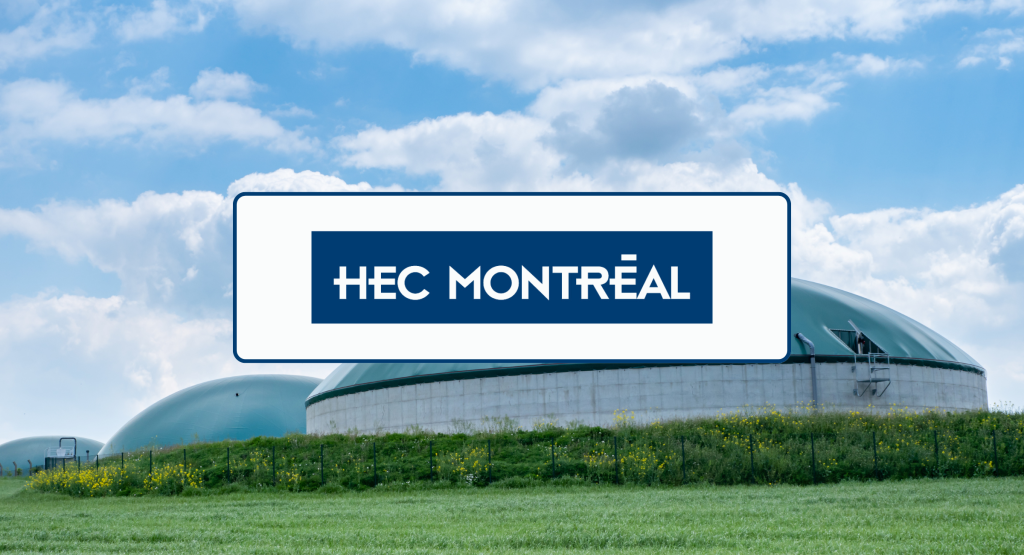
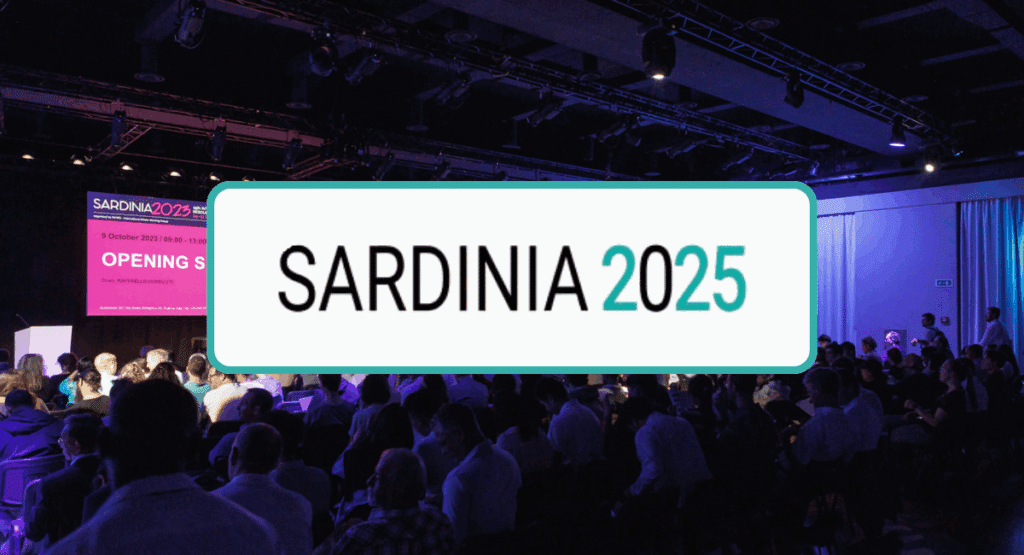

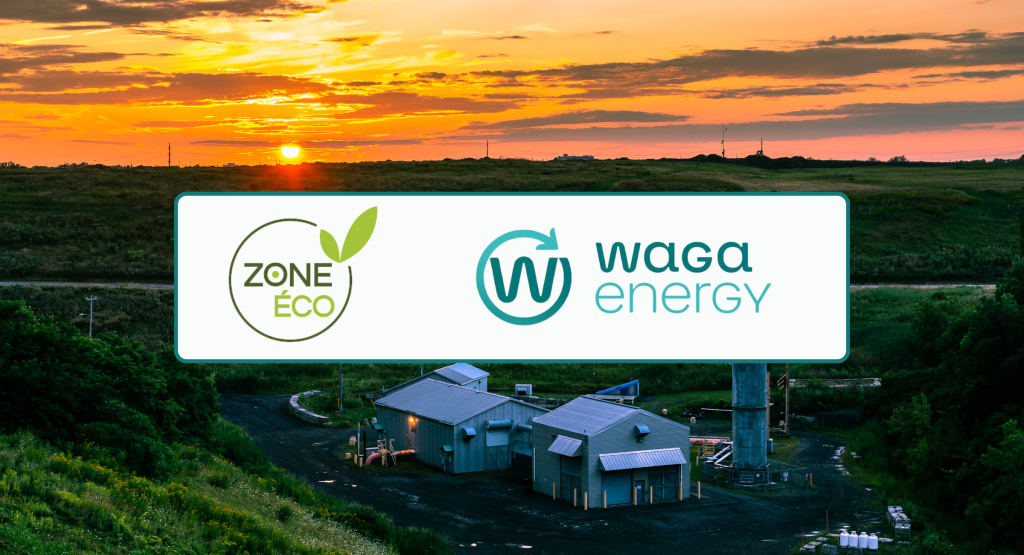
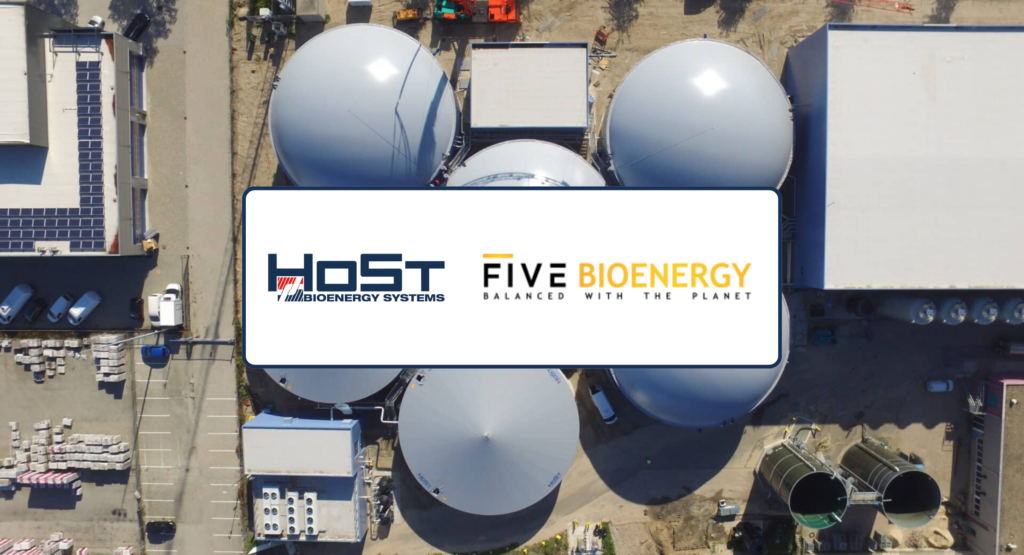
Comments